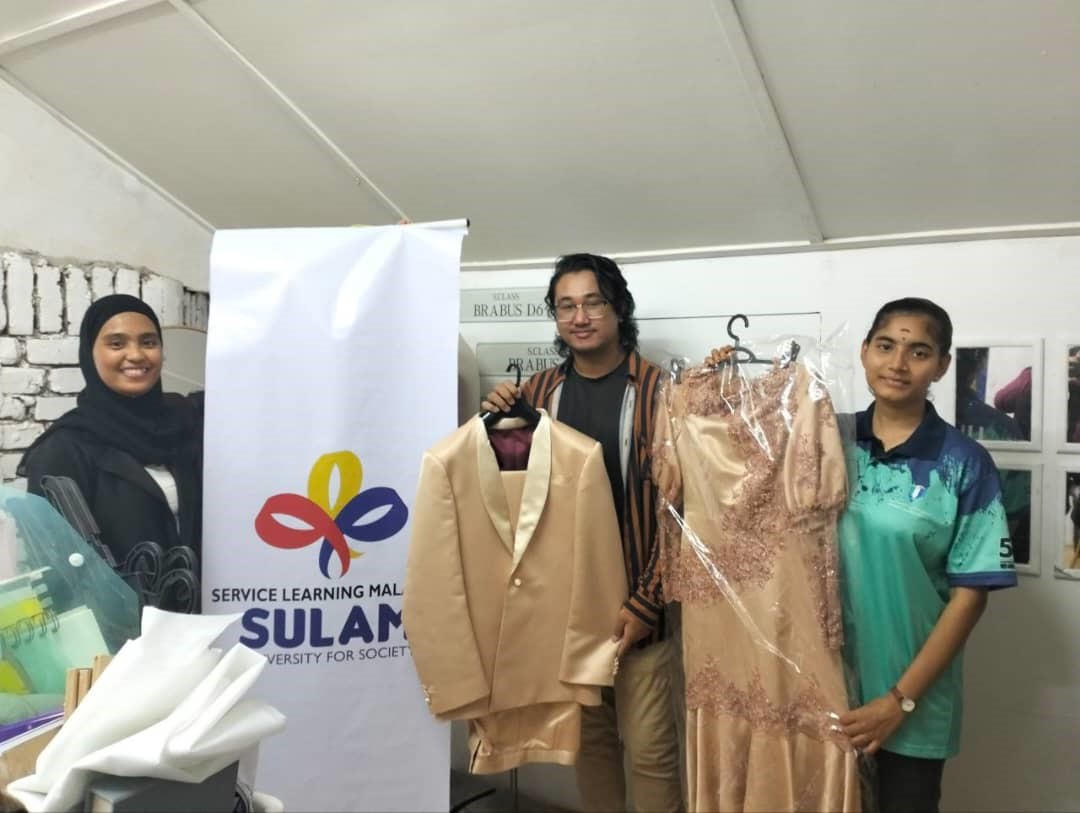Community-driven solutions for TVET self-employment: Research based SULAM
A TVET graduate tracer study conducted in 2020 revealed that the Ministry of Rural and Regional Development (MRRD) produced the highest number of entrepreneurs, 44.6% of them earning incomes below RM1000 from automotive repair and service workshops and 76.7% from tailoring and clothing manufacturing. The phenomenon is not isolated, but is aligned with a national agenda that places a high priority on entrepreneurship and innovation in the TVET sector. It is recognized that this disparity needs to be addressed and that individuals in the realm of self-employment can be empowered through a dedicated course on leadership in the world of work (UHE3412).
This particular course on 'Leadership in the World of Work 'or leadership in TVET is being introduced for the first time in semester 2 2021/2022 with an initial enrolment of 11 students. A key objective of the course is to open the horizons to stereotypical notions of 3D jobs (Dangerous, Demeaning, Difficult) and self-employment by developing distinctive character building and nurturing self-belief, especially in the case of aspiring engineering students, who are traditionally positioned as job seekers, but can later find themselves aspiring to create jobs. A discrepancy between the results of TVET tracer studies led to the introduction of a walkabout project in SULAM to address the disparity between the skills acquired and income generated.
Service Learning Malaysia-University for Society (SULAM) emphasizes the importance of learners taking responsibility for their own learning through their own initiative with minimal supervision by their instructors. The walkabout project embedded with SULAM is conducted in order to develop a deeper understanding of the challenges and opportunities within the world of work, particularly in the automotive and clothing industries. As a hands-on learning experience, the walkabout project helps students gain an understanding of the difficulties and opportunities inherent in self-employment in the real world. In total, all four groups visited twelve business entities in Pekan Pahang and Kuantan, of which six were car repair and service workshops and six were tailoring shops. They were taught about ethics prior to approaching the entrepreneurs and they were required to apply. Entrepreneurs are provided with informed consent agreements containing information about walkabout and interview procedures, consent, anonymity and confidentiality. The ethical consideration of approaching entrepreneurs for an interview or walkabout requires obtaining informed consent. This means that entrepreneurs must be fully informed about the purpose, procedures, and confidentiality of the walkabout or interview. It is also important to ensure that they are giving their voluntary consent without coercion or pressure.
The findings revealed significant contributions to help entrepreneurs receive feedback on their business operations from students and experts, which can help them identify areas for improvement and growth potential. The variability of customer preferences is one of the challenges that tailoring shops have to deal with. It has been reported that customers have neglected to collect their completed items from the shop at the scheduled pickup time. There are some customers who have requested discounts that are unacceptably high which may erode the profitability of the business. Addressing customer preferences in tailoring shops is crucial as it allows tailors to cater to the individual needs and preferences of their customers. By understanding the customers' preferences, tailors can create customized and unique garments that meet the clients' expectations. This not only enhances the customer experience but also builds trust and satisfaction, which can lead to repeat business and positive word-of-mouth referrals. Additionally, by diversifying their expertise and offering a range of options, tailors can attract more customers and adapt to the changing fashion trends. As a consequence, tailors should not limit their expertise to one type of material, but also broaden their expertise into sewing and making other pieces, such as headpieces like tanjak and scarves, as well as the latest designs in both male and female clothing. The challenges facing car repair and service workshops range from the lack of manpower to the lack of technology. Compared to previous generations, the new generation is less inclined to work in a hot environment and repair cars, instead preferring to work in an air-conditioned environment. The young people also work for a short period of time, and it is extremely rare to find young people who are willing to work for a period of longer than three months. As for the technology, the electronic vehicle has now been adopted, and entrepreneurs should increase their skill sets in order to maintain and diagnose modern vehicles effectively.
Similar challenges are faced by car repair and service shops and tailoring shops, such as the lack of start-up funds and perceptions. During the class, these issues were discussed and solutions were proposed with all 12 participants invited to return in the sharing session. It is undoubtedly true that these businesses require a significant amount of capital for the purchase of equipment, the rental of premises and the launch of marketing campaigns. The perception issue with tailoring shops and car repair and services is that some may perceive them as outdated or irrelevant in today's rapidly changing world. They may be seen as traditional industries that have not changed with the times. However, it is important to remember that tailoring shops and car repair and services still play a crucial role in providing essential services and tailored solutions to their customers. With a touch of modernization and adaptation to changing trends, these businesses can thrive and maintain their relevance in today's market.


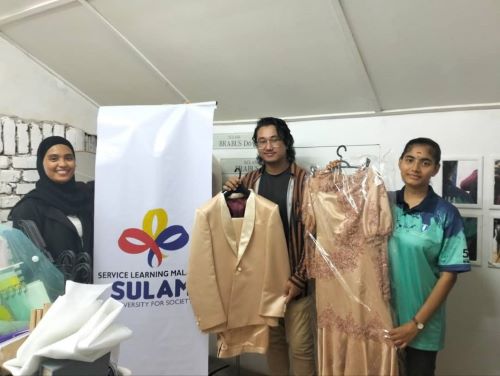
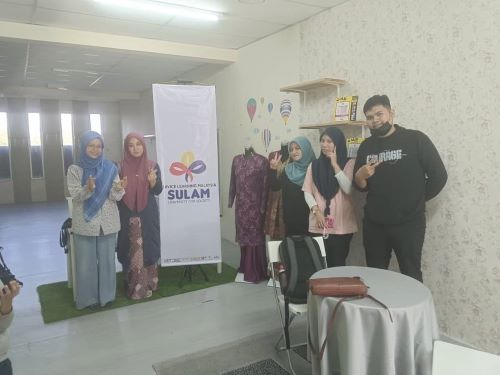
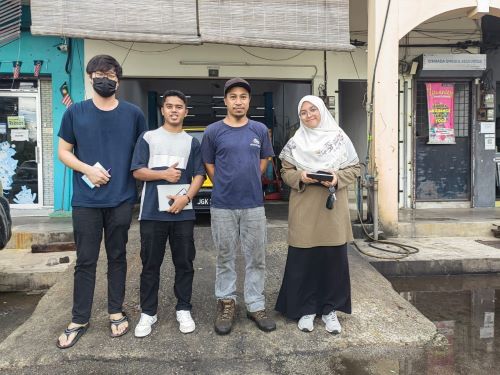
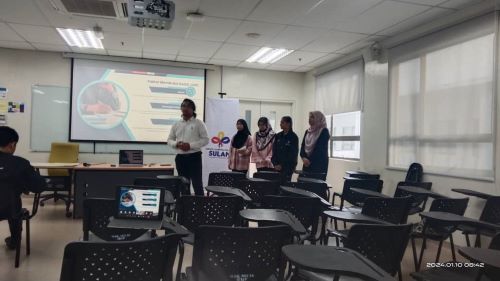
Footnote: The participants have consented to their images being published
The writer is a lecturer and the Course Coordinator for Leadership in the World of Work (UHE3412), Universiti Malaysia Pahang Al-Sultan Abdullah (UMPSA).
E-Mail: hadijah@umpsa.edu.my
- 126 views


